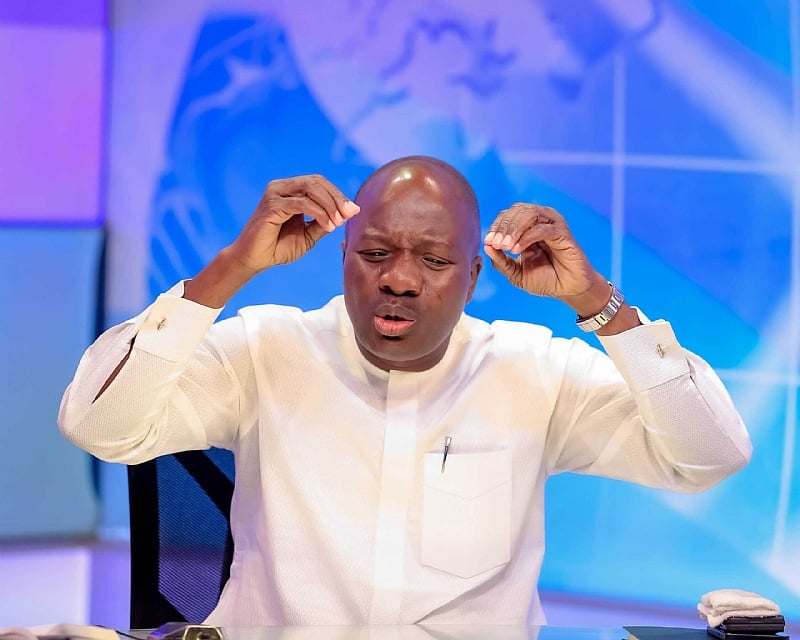The political landscape in Ghana has been stirred by accusations from Minority Leader Alexander Afenyo-Markin, suggesting that former President John Dramani Mahama and the National Democratic Congress (NDC) are orchestrating a “third term agenda.” Afenyo-Markin anchored his claim on President Mahama’s recent nomination of seven justices to the Supreme Court, portraying it as a strategic maneuver to manipulate the judiciary and pave the way for an unconstitutional extension of his presidency. This allegation has sparked a heated debate, with Mahama Ayariga, Majority Leader and MP for Bawku Central, vehemently denying the accusations and labeling them as baseless and politically motivated.
Ayariga countered Afenyo-Markin’s narrative, asserting that the Minority Leader’s claims are a deliberate attempt to implant the idea of a third-term bid into the public consciousness. He argued that such discussions were not prevalent among Ghanaians or even within the NDC’s strategic circles before Afenyo-Markin raised the issue. Ayariga emphasized that the Minority is projecting their own unfounded fears onto the public, attempting to create a false narrative to undermine Mahama and the NDC. He challenged the notion that Mahama’s nominations to the Supreme Court were in any way connected to a third-term ambition, highlighting the president’s prerogative to appoint justices and emphasizing the absence of any evidence linking these appointments to an alleged power grab.
The controversy surrounding Mahama’s potential third term predates his official declaration as the NDC’s flagbearer for the 2024 general elections. Ayariga pointed out that speculation about a third-term bid had already surfaced even before Mahama formally entered the race. This preemptive speculation, according to Ayariga, demonstrates the pre-existing anxieties and suspicions surrounding Mahama’s political ambitions, which the Minority Leader has now seized upon and amplified for political gain. He argued that these early concerns about a third term, including threats of legal action to prevent Mahama from contesting, underscore the unfounded nature of Afenyo-Markin’s current accusations.
The core of the disagreement rests on the interpretation of President Mahama’s actions. Afenyo-Markin views the judicial nominations as a calculated step towards consolidating power and manipulating the judicial system to facilitate a third term. He presents this as a carefully orchestrated plan by Mahama and the NDC to subvert the constitutional two-term limit. Conversely, Ayariga argues that these nominations are routine exercises of presidential authority, consistent with the president’s responsibility to ensure a fully functioning judiciary. He dismisses the notion of a hidden agenda, emphasizing the lack of any evidence supporting Afenyo-Markin’s claims.
The clashing perspectives highlight the deep political divisions within Ghana. The accusations and counter-accusations reflect the intense competition between the ruling and opposition parties, with both sides vying for public support ahead of the 2024 elections. Afenyo-Markin’s strategy appears aimed at discrediting Mahama and the NDC, painting them as power-hungry and willing to disregard constitutional limits. On the other hand, Ayariga’s defense focuses on portraying the accusations as a politically motivated smear campaign designed to distract from the NDC’s positive message and sow doubt in the minds of voters.
The ongoing debate underscores the importance of transparency and accountability in Ghana’s political system. Scrutiny of judicial appointments and other governmental actions is crucial to ensure the integrity of democratic processes. However, it is equally important to avoid baseless accusations and fear-mongering, which can erode public trust and undermine political discourse. As the 2024 elections draw nearer, the rhetoric is likely to intensify, and it is essential for voters to critically evaluate the claims and counter-claims presented by both sides. The focus should remain on substantive policy debates and the candidates’ visions for Ghana’s future, rather than on unsubstantiated allegations and political maneuvering.


